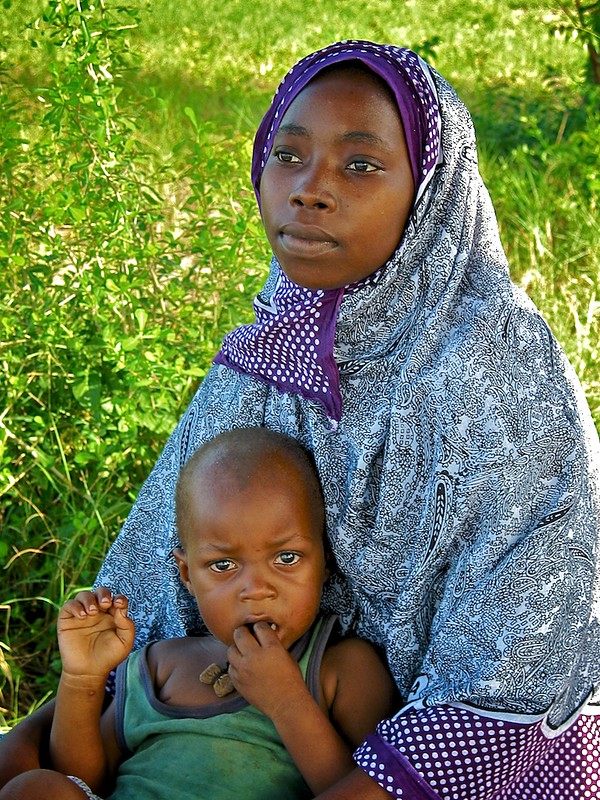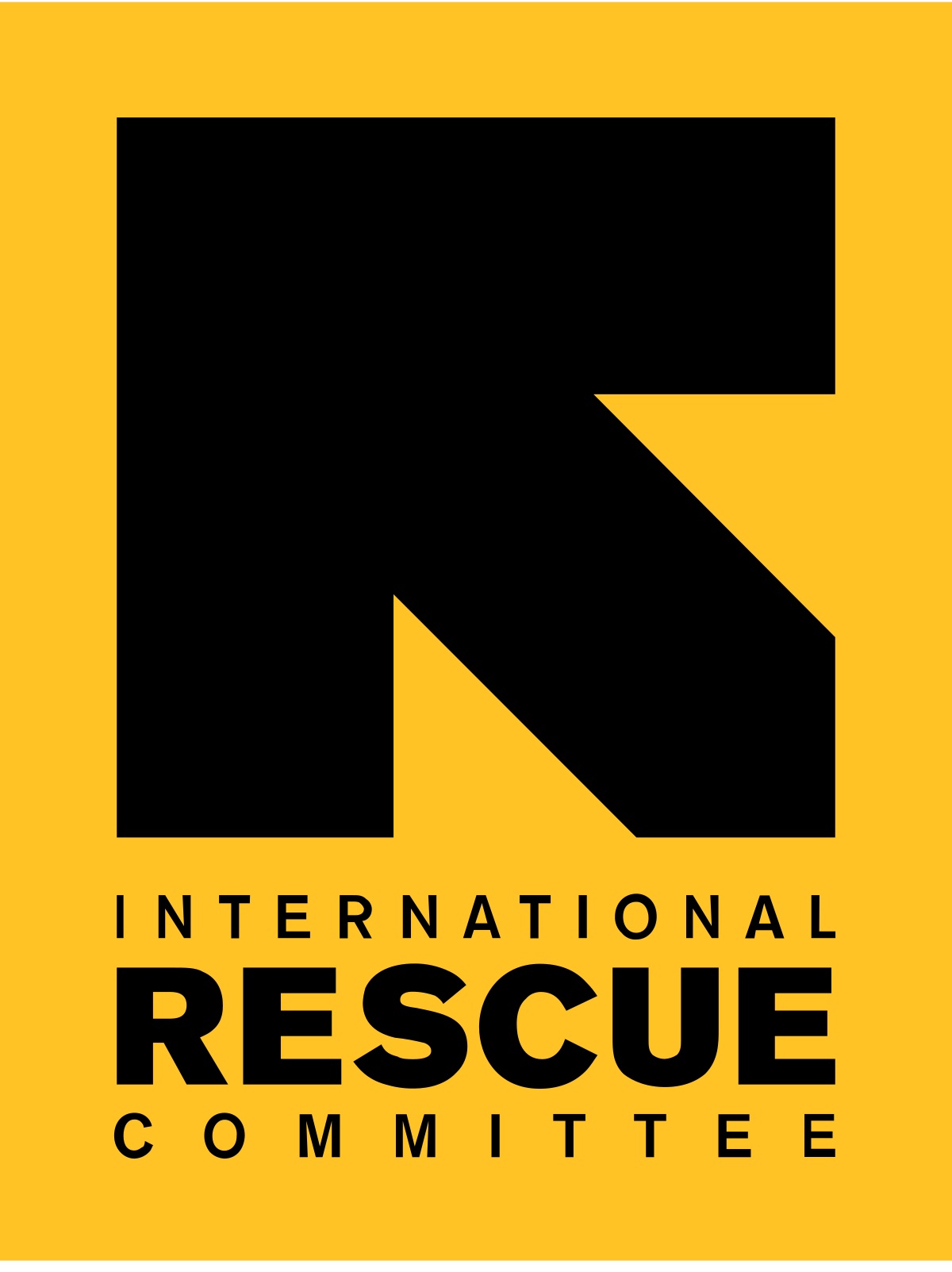Incorporating a Two-Generation Approach into a Refugee Parenting Program in Tanzania

Abstract
Over the last two decades, forced displacement has doubled, affecting 108.4 million individuals in 2022, with a pronounced impact on children's development, while caregivers, facing their own challenges, may find it challenging to offer responsive care. IPA partnered with the IRC to adapt, implement, and study a parenting program in refugee and host communities in Tanzania in order to incorporate a 'two-generation' approach — whereby the program developed a stronger focus on the needs and perspectives of parents themselves, in addition to those of their young children. The study shows that the four adaptations to the FMD program were positively received by implementers, parents, and caregivers, with adolescent parenting, interpersonal therapy, and responsive caregiving aligning well with the program framework and deemed suitable for immediate implementation.
Policy Issue
The number of people who have been forced to flee their homes worldwide has more than doubled in the past 20 years, reaching a record 108.4 million people in 2022. Children are disproportionately affected by forced displacement, making up 40 percent of the world's refugees despite comprising a third of the global population.1 Forced displacement disrupts access to basic needs, leaving children vulnerable to disease, malnutrition, and developmental delays. This experience, often accompanied by stress and violence, can also lead to cognitive delays (language, problem-solving, memory) and mental health issues like post-traumatic stress disorder, depression, and anxiety. Contrary to popular perceptions of children’s resilience, evidence suggests early-life trauma can significantly impact even very young children's mental health and development.2
Parents and other caregivers are critically important for children’s development in any context but can play an especially important role in the face of extreme adversity. However, when faced with extreme adversity such as forced displacement, parents are likely affected by challenges and stressors, which may limit their ability to provide responsive caregiving to children.3
Evaluation Context
Tanzania has been an important host country for refugees fleeing conflict and oppression in East and Central Africa. As of 2022, Tanzania hosts an estimated 255,459 refugees and asylum-seekers, with over 83 percent residing in camps and most of them originating from Burundi and the Democratic Republic of Congo. Of these displaced populations, over 7 percent are children under the age of five.4
The International Rescue Committee (IRC) implements a parenting program called "Families Make the Difference (FMD)" in communities around the world, including Nyarugusu—the largest refugee settlement in the country— to support refugee caregivers and children. The program emphasizes the importance of supporting the adults in children's lives. This support can assist parents and caregivers in improving their own lives, subsequently resulting in a positive impact on their children's development.5
Details of the Intervention
IPA partnered with the IRC to adapt elements of the FMD program for parents of children ages 0-5 after the IRC identified that parents often have misconceptions about the importance of early childhood development and believe that younger children don't need as much attention as older ones. Based on lessons from a review of evidence on parenting programs, key informant interviews, and a review of the existing curriculum, the IRC pilot four adaptations to the curriculum:
- Hosting separate sessions for adolescent parents.
- Providing information and activities related to interpersonal therapy (IPT).
- Providing information and activities related to cognitive behavioral therapy (CBT) and general mental health support.
- Increasing content on early learning and responsive caregiving.
IPA collected qualitative and quantitative information to gain insights into the implementation of curriculum adaptations. This encompassed a post-session feedback survey with 61 parents, in-depth semi-structured interviews with 29 parents (ensuring diverse gender and community representation), focus group discussions involving individuals from various communities to explore broader parenting concepts and program specifics, and 14 key informant interviews with implementers. These implementers included FMD program facilitators, IRC staff, and local government officials, all contributing to capturing diverse perspectives.
Results and Policy Lessons
The results highlight a positive reception of the four adaptations made to the FMD program, as reported by implementers, parents and caregivers. Among these adaptations, adolescent parenting, interpersonal therapy, and responsive caregiving were found to align well with the program framework and were deemed suitable for immediate future implementation. However, the mental health support component was found to need further development. Based on the results, incorporating a two-generation perspective into parenting programs in humanitarian settings and in low-middle-income countries more broadly could be a promising direction for future intervention and research.
Adolescent Parenting: Adolescent pregnancy emerges as a prevalent concern within the Tanzanian refugee community, respondents identified distinctive challenges for adolescent parents. Segmenting adolescent and adult parents within the program facilitated more engagement and discussion among adolescents. In implementing adolescent parenting programs, findings suggest facilitators could be trained on how to best engage with young people, and the general curriculum can also be adjusted to better meet their needs. Additionally, addressing the low engagement of male adolescents in parenting sessions is recommended for future implementation.
Interpersonal Therapy (IPT): Family dynamics and conflict between spouses was a salient concern of parents, and analysis suggests this type of stress can be a critical factor that affects parenting. The reception of IPT sessions by parents and caregivers was positive, reflecting improved understanding of positive relationships and enhanced communication skills. Several parents and caregivers noted tangible shifts in their relationships as a result of participating in IPT sessions. Program implementers echoed this sentiment, emphasizing the creation of a safe space for discussing relationships. These findings suggest that there is great potential to integrate elements of interpersonal psychotherapy into parenting programs.
Mental Health: Approximately a quarter of respondents agreed with statements from standard well-being surveys such as "I have been so unhappy I have difficulty sleeping" and "I have been anxious or worried for no good reason." This suggests that a significant number of parents and caregivers are struggling with mental health. The research team also identified a lack of understanding of mental health among parents and caregivers. Some believe that mental health is only relevant for people who are in acute crisis or suffering from a certain disorder. Others misunderstand the term or confuse it with other parenting topics. The limited training, time, and attention given to mental health during this implementation period might not have been sufficient to engage meaningfully with this nuanced and complex subject. One possible recommendation would be that mental health should be the focus of a separate training, rather than attempting to integrate a few sessions into a parenting program.
Responsive Caregiving: The responsive caregiving adaptations garnered positive feedback from participants, including parents, caregivers and implementers who expressed appreciation for age-tailored activities and their newfound insights. Parents and caregivers valued these activities, enhancing their grasp of child development. Nonetheless, certain participants exhibited confusion arising from terminology overlap across program components, necessitating precision and clarity in defining concepts across the program.
Sources
1. United Nations High Commissioner for Refugees (UNHCR). "Global Trends Report 2022." https://www.unhcr.org/global-trends?_gl=1%2A1fphwnc%2A_rup_ga%2AMTc3MDIzMjUzNC4xNjkyMjE1Nzg3%2A_rup_ga_EVDQTJ4LMY%2AMTY5NjI3ODQxOS43LjAuMTY5NjI3ODQxOS4wLjAuMA..#_ga=2.61763116.1222482893.1696278419-1770232534.1692215787
2. Chu, A. T., & Lieberman, A. F. (2010). Clinical implications of traumatic stress from birth to age five. Annual Review of Clinical Psychology, 6, 311-340. https://psycnet.apa.org/record/2010-06236-01
3. Halevi, S., and J. Katz. "Dual Generation Approach: A New Paradigm for Information Security." In Proceedings of the 2016 ACM SIGSAC Conference on Computer and Communications Security, 47-60. ACM, 2016. https://doi.org/10.1145/2976749.2978310.
4. United Nations High Commissioner for Refugees (UNHCR). (n.d.). Tanzania. https://data.unhcr.org/en/country/tza
5. Shonkoff, J. P., & Fisher, P. A. (2013). Rethinking evidence-based practice and two-generation programs to create the future of early childhood policy. Cambridge, UK: Cambridge University Press.













